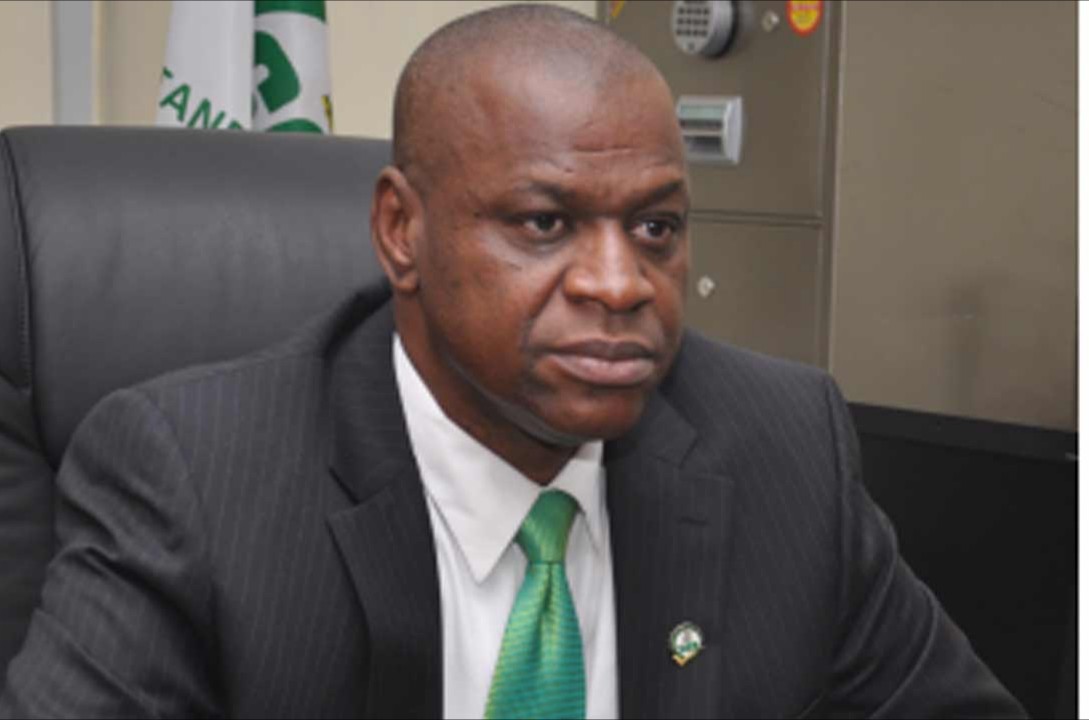News
SON adopts American standards to boost oil, gas industry

The Standards Organisation of Nigeria (SON), says it has adopted 10 American Petroleum Institute (API) standards for international best practices in the oil and gas sector in Nigeria.
The Director-General of SON, Mr Osita Aboloma, said in a statement on Sunday that the idea was made at a Joint Technical Committee meeting held with stakeholders in the oil and gas sector in Lagos.
Aboloma, represented by the Director, Standards Development, Mrs Chinyere Egwuonwu, said that all the standards were critically relevant to operations in the oil and gas industry.
The director-general said hence, there was need to adopt the standard in collaboration with stakeholders as Nigerian Industrial Standards (NIS).
He said that industry demands and the need to keep up with best international practices in the oil and gas sector in Nigeria had spurred SON to initiate and adopt API 10 international best practices to move the country’s oil industry forward.
According to him, adopting international standards as national standard is not a new development, especially where the standards are elaborated by global leaders such as API.
He said API had since 1919 established a clout for convening subject matter experts in establishing, maintaining and distributing consensus standards for the oil and gas industry.
Aboloma noted that API standards being adopted were recognised not only for their technical specifications.
“Their third party accreditation which facilitates acceptance by international bodies has been a cornerstone in developing standards for the worldwide oil and natural gas industry,’’ he said.
Aboloma, however, cautioned that: “In adopting international standards we must ensure that the standards are not in conflict with our statutory regulatory requirements.
“Special consideration should be on environmental factors, economic considerations, security of products, national interest and most of all, global best practices.’’
He said that the nation’s oil industry does not exist in isolation; therefore, the standards adopted would ensure the availability of the NIS, enhancing market competitiveness, prevention of dumping of goods and promoting exports.
The director-general said that the standards would also ensure a reliable basis for technological transfer and industrial development.
He said the API standards adopted and rechristened NIS include, API RP 50 2013 Natural Gas Processing Plant Practices for protection of the environment, API RP 520; 2014 sizing, selection and installation of pressure-relieving devices in refineries part 1 sizing and selection.
It also include API RP 520 2: 2015, Sizing, Selection and Installation of Pressure- Relieving Devices in Refineries Part II Installation, API 553: 2012 Refinery Valves and Accessories for Control and Safety Instrumented Systems and API 554: 2007 Process Instrumentation and Control,
Others are API 12L: 2008 Specification for Vertical and Horizontal Emulsion Treaters, API 2000:2014 Venting Atmospheric and Low-Pressure Storage Tanks, API 12F:2008 Specifications for Shop-Welded Tanks for Storage of Production Liquids.
It also include API 12D: 2008 Specification for Field Welded Tanks for Storage of Production Liquids and API STD 610: 2011 Centrifugal Pumps for Petroleum Petrochemical and Natural Gas Industries.
Aboloma said the Joint Chairmen of the Technical Committees (TCs) on Oil and Gas/ Petroleum and Petrochemicals, Prof. Joseph Ajienka of the University of Port-Harcourt and Prof. Sunday Ojolo of the University of Lagos sitting in for represented Prof. Boniface Okorie of the UNN respectively, in their varying capacities spoke separately during the meeting.
According to him, the representatives of the institutions appreciated SON for giving them the opportunity to serve.
He said they advised all the participants to carry out what was described as a call to national duty with zeal and ensuring their comments and contributions were vibrant and robust enough to achieve the purpose of the TCs.
He said stakeholders represented from the oil sector include Cakasa Nig. Ltd., Peachlite Engineering Consulting Services, Winelight Analytical Systems, Lopa Energy Ltd.
Others are Addax Petroleum, Dorman Long Engineering, Mobil Producing Nigeria, Nigerian Society of Chemical Engineers, Federal Institute of Industrial Research Oshodi, Nigerian Institution of Mechanical Engineers and the Nigerian Institute of Welders.




 Davido's Net Worth & Lifestyle
Davido's Net Worth & Lifestyle 
